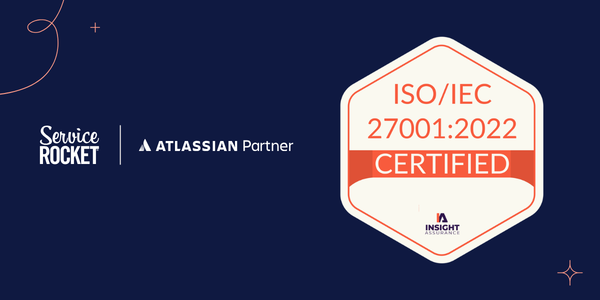Goldilocks used a basic in-house system to log incidents and requests. However, the system was inflexible—it couldn't be modified, so new functionalities such as adding priorities to their tickets couldn't be added to it. This home-grown program was built by a programmer who had long left the company. Each bug left the team struggling for fixes.
“We were just contending with the bugs and living with them day by day. For example, we were able to attach photos to tickets before, and all of a sudden, we were no longer able to do so. Instead of resolving the issue, we just adjusted our process. So, we were adjusting to the tool, instead of the tool adjusting to our processes,” said Nelson Asuncion, Goldilocks’ Head of the IT Service Management team.
This resulted in a number of problems for the company:
The inflexible systems, fragmented processes, inconsistent workflows and poor resource management led to inefficiency and poor service delivery, which ate away at profit margins. To remain competitive, Goldilocks needed an integrated system that could provide automated workflows, real-time analytics, and cross-team collaboration tools that would streamline their service request processes and optimize their workflows.
“We needed a tool that has automation and is customizable to address our needs, and suit our need for data,” said Asuncion.
“We chose ServiceRocket because we can see that in terms of skill, they know the best practices of their field. They’re really conscious about helping their client.”—Eric De Castro, Project Manager, Goldilocks
First, ServiceRocket conducted a thorough analysis and comprehensive investigation to understand and identify the company's needs. From this, ServiceRocket outlined the initial steps needed to design and implement a Jira Service Management (JSM) solution that would meet Goldilocks' needs and identified opportunities for improvement.
“ServiceRocket saw what we had implemented consumed too many automation runs. So, they immediately optimized those automations so that we would not breach that limit,” said Eric De Castro, a Project Manager at Goldilocks.
ServiceRocket also added automations and optimized Goldilocks' workflows for incidents, changes, service requests, and problems. For example:
With all these changes, Goldilocks’ response time improved, which resulted in better customer experience and cost savings. For example, employees were able to prioritize tickets from important customers and funnel them to special teams that would address them faster. Mobile access to JSM Cloud meant that Goldilocks employees could escalate or tend to issues anywhere and anytime.
And because Goldilocks now had better visibility into store performance, they could prioritize helping underperforming stores to ensure they get the help they need quickly. Employees could now save time and focus on more valuable tasks, such as solving problems and improving the service, because they could now generate reports with the click of a button and no longer have to extract data manually.
“Before, I was more focused on measuring and computing incidents, but with JSM, these numbers are readily available,” said Asuncion. “I am now working on analyzing the numbers so we can move forward and reduce the tickets and improve the service.”
Jira Service Management’s change management module also enabled Goldilocks to be more cognizant of the changes they were making in their network. Coordination across departments also improved.
“Prior to this, we were just doing our own thing in different silos. Now, we are able to coordinate our changes to ensure that they do not overlap or negatively affect other changes or production,” said Asuncion.
One of the most significant improvements made was the huge reduction in high-priority tickets they received.
“Around the same time last year, we were getting around 7 Priority 1 tickets every month on average. And because our change management has improved due to the change module, we are now down to around 1.5 tickets per month,” said Asuncion.
In summary, Goldilocks achieved:
ServiceRocket’s strategic JSM implementation will boost your operational efficiency and drive real business results. Book a meeting with our experts to learn more today.













